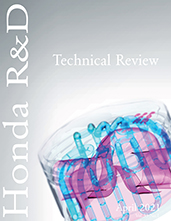Training / Education
Design Considerations for Electromechanical Flight Control Actuation Systems
This four-hour short course intends to present an overview of electrically powered flight control actuation systems, covering commercial applications. The scope covers issues related to the mechanical design of actuators themselves, with limited reference to their control electronics. Additionally, this course will provide participants an understanding of the design considerations behind these actuation systems.

